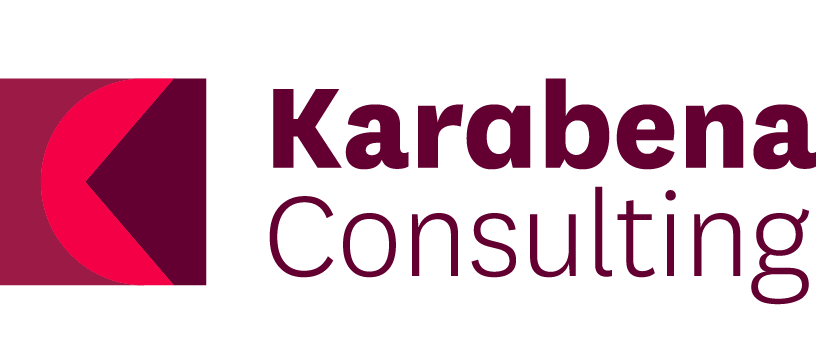Cultural humility: Not all knowledge is yours to hold
Dr Sharon Pittaway
Senior Consultant
During a recent review of the Koori Maternity Services (KMS) Guidelines, I posed the question: “How do the KMS Guidelines align with broader maternity care standards?”
There was a pause. Then one KMS midwife responded, “What if we turn that around and ask: how do broader maternity standards align with Aboriginal ways of doing things?”
It was a quiet correction, but a sharp one. My question carried an unexamined assumption: that Western systems define the benchmark, and everything else is measured in relation to that. That moment made something clearer for me: if you assume your position is the default you’re performing authority, not practising cultural humility.
The work of unlearning
The concept of cultural humility, coined by Melanie Tervalon and Jann Murray-García in 1998, was developed to address power imbalances between health professionals and patients from different cultural backgrounds. Its application is not limited to healthcare; it has become essential across policy, education, research, and community services - anywhere relationships are shaped by power and difference.
Yet the term is often misunderstood. Cultural humility isn’t a mindset, a feeling, or a tone. It’s not a gentler way of discussing diversity. It’s not merely about showing interest in other cultures or learning ‘correct’ terminology.
It means taking responsibility when your questions centre on the wrong standard. It means stepping back when your frameworks dominate the conversation. It also means recognising, not hypothetically but in real time, that you’re not always the right person to lead, speak, or decide. It’s a discipline you enact in how you listen, how you hold power, and how you respond when someone questions your framing.
Let go of what isn’t yours
Practising cultural humility means letting go of the idea that knowledge is neutral, transferable, or ours to access simply because we're interested or credentialed. It requires us to understand that Aboriginal and Torres Strait Islander knowledge systems are not supplementary; they are sovereign.
Cultural humility demands that we unlearn as much as we learn. It requires discomfort, restraint, and a readiness to hear things that challenge our certainty.
If we can embrace that and continue to show up without needing to be in control or seen as the expert, then perhaps we’re not just talking about cultural humility; we’re practising it.
Keep learning
Cultural humility is a continuous practice that requires more than good intentions or isolated learning moments. If you’re serious about shifting your practice, you’ll need tools, time, and the right people to learn from.
Our professional learning suite is designed with that in mind.
Our courses focus on reflective, grounded, and practice-based un/learning. They’re structured to support real shifts in thinking and action for people willing to unlearn, listen differently, and share power. You’ll be asked to think critically, reflect honestly, and stay accountable.
Because not all knowledge is yours to hold.
Stay connected
Follow Karabena Consulting on LinkedIn or Facebook, or visit our website to be the first to hear when new courses launch.

